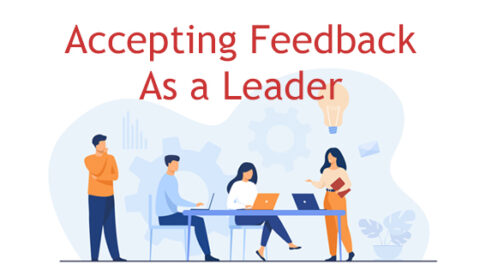The best and most successful leaders recognize that the learning journey never stops. They know their strengths, and look for opportunities to leverage them. They also acknowledge that there are areas where they aren’t as strong and need to continue to develop.
One of the challenges for new and emerging leaders is determining what skills and behaviors – competencies – are the most important to be an effective leader today and into the future. A Google search will result in myriad lists of “top” skills for leaders. “The Top 10 Leadership Competencies” (Psychology Today), “The 5 Most Important Competencies for Function Leaders” (Center for Creative Leadership), “The Most Important Leadership Competencies According to Leaders Around the World” (Harvard Business Review).
In a review of these lists, there are several core competencies that bubble to the top: strategic thinking, effective communication, a desire to develop others, decision making, creating a vision, ability to have tough conversations. And, of course, trust and integrity. THAT should be a no-brainer. As far as I’m concerned, integrity has to be at the foundation of leadership, ’cause if you don’t have that, nothing else matters!
These are some of the traditional skills that make an effective leader. But there are additional skills that have become increasingly important over the past few years as we look at a new way of working in the 21st century. Skills like emotional intelligence, self-awareness, collaboration, global thinking, agility and future focus.
When was the last time you did an inventory of your leadership competencies – both strengths and development areas? What are you doing to prepare yourself to overcome the challenges, and leverage the opportunities, as a leader in the future?
I recently went to an inspiring talk by John Chambers, former CEO and now Chairman Emeritus of Cisco, and author of the recently-published Connecting the Dots: Lessons for Leadership in a Startup World. He spoke about taking Cisco from a $70 million, 400-employee company (1991) to a $47 billion tech giant (2015) and how important it was to have clarity around who he was as a leader – during both the good and the not-so-good times. He emphasized that you have to always be preparing for what’s next.
Think about this: Gen Z (born 1995-2012) employees will have 12 jobs in their lifetime. Six of those jobs aren’t event invented yet.
What do you need to do to prepare yourself to lead multi-generational teams? How will you lead as artificial intelligence becomes an integral part of the way we work? What are you doing to keep your competencies current and ready for what’s next?
“The worst thing to do when things are running smoothly is to get comfortable. You’ve always got to be thinking what’s next.” – John Chambers
Till next time,
Karen









